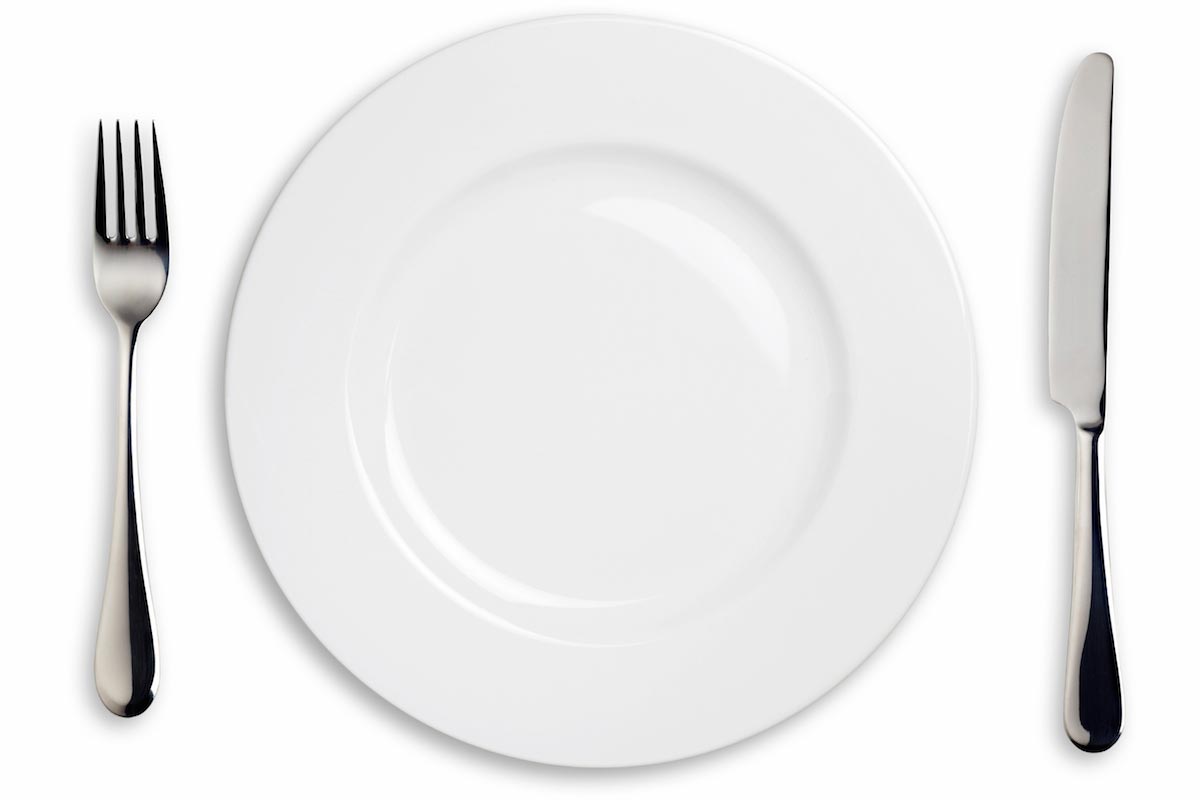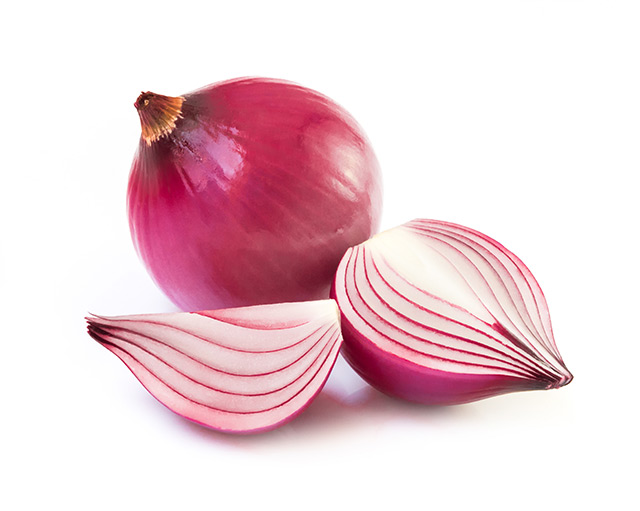How to lose weight when the last thing you want to do is diet
10/16/2015 / By Michael Bundrant

There comes a time in (almost) everyone’s lives when they find themselves a little heavier than they are used to. With celebrities in the media bouncing back after having a baby in weeks, and shedding unwanted pounds faster than you can blink, it can be hard not to resort to extreme dieting and fad diets to lose that little bit of weight. But, not only are these diets unhealthy, they’re dangerous.
Depriving our bodies of calories slows down the metabolism, ultimately causing us to gain weight. When you take in fewer calories than are necessary to fuel your resting metabolic rate, your body compensates by reducing your metabolic rate. The end result is “starvation mode,” which causes you to have a larger appetite, less energy and an increase in fat storage.
By simply replacing the unhealthy foods in your diet with healthy, whole alternatives, and exercising more intensely and efficiently, you can balance hormones, burn fat and boost your metabolism. When you are missing protein, healthy fats, carbohydrates, vitamins, minerals and antioxidants that healthy whole foods offer, your energy levels drop, your hormones become imbalanced and your metabolism becomes inefficient.
It can be easy to get into the habit of depriving your body of these things when succumbing to a low calorie diet. The health of our metabolism requires “real” foods and the complex blend of nutrients that they have to offer. Replacing whole and organic foods with “diet” foods ultimately hinders weight loss and damages your overall health.
It has also been implanted into our brains that fat is bad. Most people don’t realize that there are good fats and bad fats. Fat is as essential to your diet as protein and carbohydrates are in fueling your body with energy. Certain bodily functions also rely on the presence of fat. For example, some vitamins require fat in order to dissolve into your bloodstream and provide nutrients. Good fats nourish your brain, heart, nerves, hormones and cell structures. Some foods that contain good fats include nuts, seeds, fish, and grass fed meats.
Two types of fats — saturated fat and trans fat — have been identified as potentially harmful to your heart. One way to recognize these fats is that most are solid at room temperature, such as butter, margarine, shortening, and beef or pork fat. Saturated fats have been shown to increase blood cholesterol levels and low-density lipoprotein (LDL) levels, which can increase your risk for heart disease and possibly type two diabetes.
First, work on reducing foods in your diet that are high in saturated fat, trans fat, and cholesterol. Then, make an effort to incorporate foods that contain monounsaturated and polyunsaturated fats. It’s a strategy that will help your heart, improve your quality of life and help you keep off the unwanted weight.
Everyone that plans to lose weight one way or the other considers the many diet plans out there. It is important to remember that not all diet plans are safe or healthy; furthermore a diet that works for some individuals may not be what is best for you.
Losing weight should not mean sacrificing your health. But, focusing on your health will help you lose weight. Many foods that our society consumes are not natural or healthy. Simply counting and cutting calories is not going to help you stay thin. With a healthy diet, and an active lifestyle, it is possible to maintain a healthy weight long term.
Sources:
Tagged Under:




















